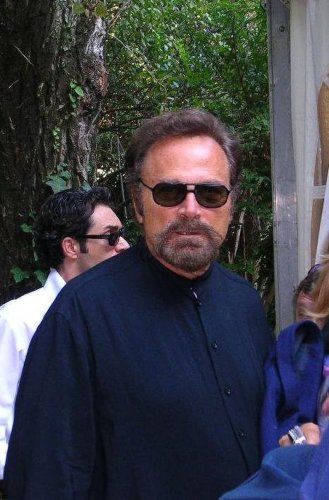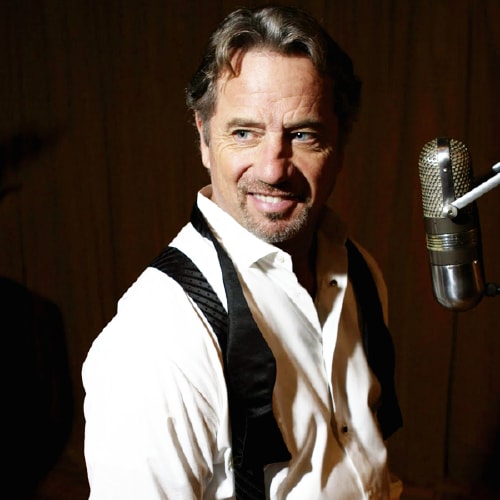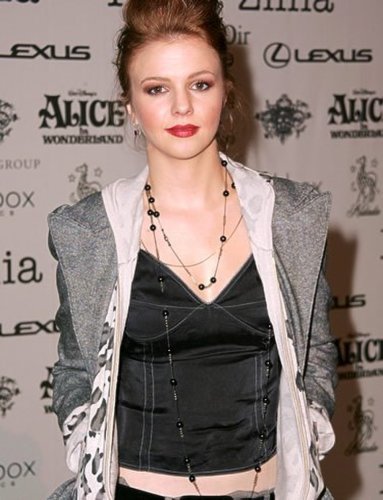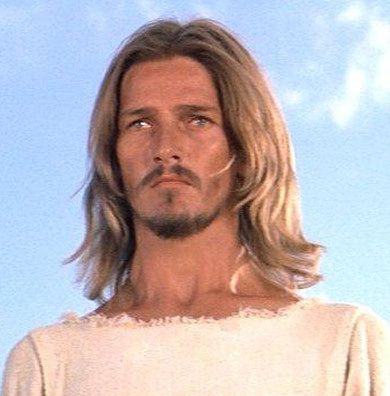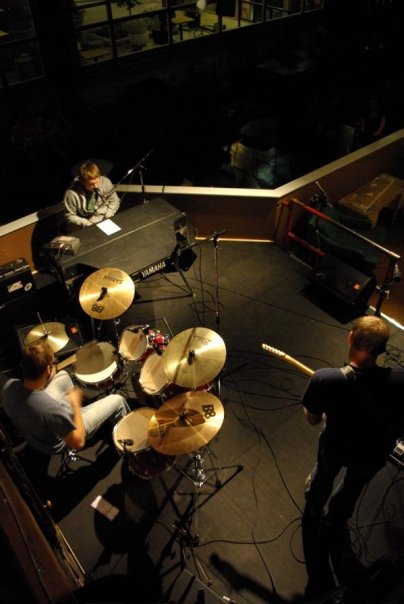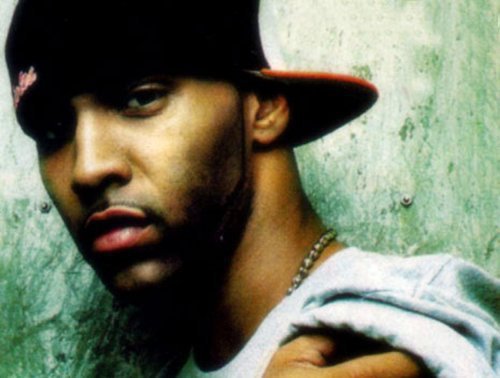| Fecha | Área | Bruto |
|---|---|---|
| 12 May 2013 | USA | USD 162,804,648 |
| 5 May 2013 | USA | USD 162,800,480 |
| 28 April 2013 | USA | USD 162,789,432 |
| 21 April 2013 | USA | USD 162,760,256 |
| 14 April 2013 | USA | USD 162,691,582 |
| 7 April 2013 | USA | USD 162,549,162 |
| 31 March 2013 | USA | USD 162,314,683 |
| 24 March 2013 | USA | USD 162,007,435 |
| 17 March 2013 | USA | USD 161,583,271 |
| 10 March 2013 | USA | USD 161,100,526 |
| 3 March 2013 | USA | USD 160,268,937 |
| 24 February 2013 | USA | USD 158,783,430 |
| 17 February 2013 | USA | USD 157,350,147 |
| 10 February 2013 | USA | USD 154,516,627 |
| 3 February 2013 | USA | USD 150,942,958 |
| 27 January 2013 | USA | USD 146,236,758 |
| 20 January 2013 | USA | USD 138,361,735 |
| 13 January 2013 | USA | USD 125,374,607 |
| 6 January 2013 | USA | USD 106,280,122 |
| 30 December 2012 | USA | USD 64,008,000 |
| USA | USD 162,805,434 | |
| Worldwide | USD 425,368,238 | |
| Non-USA | USD 262,562,804 | |
| 24 February 2013 | Italy | EUR 11,677,450 |
| 17 February 2013 | Italy | EUR 11,399,341 |
| 10 February 2013 | Italy | EUR 10,816,211 |
| 3 February 2013 | Italy | EUR 9,609,591 |
| 27 January 2013 | Italy | EUR 7,285,050 |
| 20 January 2013 | Italy | EUR 3,454,936 |
| 31 March 2013 | Philippines | PHP 5,588,097 |
| 24 March 2013 | Philippines | PHP 5,482,463 |
| 17 March 2013 | Philippines | PHP 3,864,778 |
| 12 May 2013 | Russia | USD 16,002,335 |
| 10 February 2013 | Russia | USD 14,582,760 |
| 3 February 2013 | Russia | USD 13,231,525 |
| 27 January 2013 | Russia | USD 10,699,801 |
| 20 January 2013 | Russia | USD 5,524,829 |
| 31 March 2013 | Spain | EUR 10,578,641 |
| 10 March 2013 | Spain | EUR 10,202,362 |
| 17 February 2013 | Spain | EUR 8,946,523 |
| 10 February 2013 | Spain | EUR 8,161,902 |
| Fecha | Área | Bruto | Pantalla |
|---|---|---|---|
| 30 December 2012 | USA | USD 30,688,000 | 3,010 |
| 20 January 2013 | Hungary | HUF 64,091,570 | |
| 20 January 2013 | Italy | EUR 3,454,936 | 541 |
| 17 March 2013 | Philippines | PHP 3,864,778 | 62 |
| 20 January 2013 | Russia | USD 5,524,829 | 736 |
| Fecha | Área | Bruto | Pantalla |
|---|---|---|---|
| 12 May 2013 | USA | USD 1,534 | 5 |
| 5 May 2013 | USA | USD 4,433 | 12 |
| 28 April 2013 | USA | USD 14,660 | 38 |
| 21 April 2013 | USA | USD 38,609 | 77 |
| 14 April 2013 | USA | USD 81,138 | 126 |
| 7 April 2013 | USA | USD 137,857 | 183 |
| 31 March 2013 | USA | USD 171,870 | 233 |
| 24 March 2013 | USA | USD 283,619 | 296 |
| 17 March 2013 | USA | USD 282,744 | 266 |
| 10 March 2013 | USA | USD 432,074 | 336 |
| 3 March 2013 | USA | USD 976,930 | 983 |
| 24 February 2013 | USA | USD 971,655 | 659 |
| 17 February 2013 | USA | USD 1,527,281 | 1,017 |
| 10 February 2013 | USA | USD 2,303,495 | 1,502 |
| 3 February 2013 | USA | USD 3,002,769 | 1,777 |
| 27 January 2013 | USA | USD 4,946,932 | 2,007 |
| 20 January 2013 | USA | USD 8,243,000 | 2,516 |
| 13 January 2013 | USA | USD 11,040,485 | 3,012 |
| 6 January 2013 | USA | USD 20,010,745 | 3,010 |
| 30 December 2012 | USA | USD 30,688,000 | 3,010 |
| 24 February 2013 | Italy | EUR 174,554 | 97 |
| 17 February 2013 | Italy | EUR 389,612 | 189 |
| 10 February 2013 | Italy | EUR 785,346 | 301 |
| 3 February 2013 | Italy | EUR 1,512,390 | 443 |
| 27 January 2013 | Italy | EUR 2,529,148 | 558 |
| 20 January 2013 | Italy | EUR 3,454,936 | 541 |
| 31 March 2013 | Philippines | PHP 39,351 | 4 |
| 24 March 2013 | Philippines | PHP 672,182 | 25 |
| 17 March 2013 | Philippines | PHP 3,864,778 | 62 |
| 12 May 2013 | Russia | USD 1,544 | 2 |
| 10 February 2013 | Russia | USD 938,502 | 315 |
| 3 February 2013 | Russia | USD 1,474,783 | 501 |
| 27 January 2013 | Russia | USD 3,434,285 | 736 |
| 20 January 2013 | Russia | USD 5,524,829 | 736 |
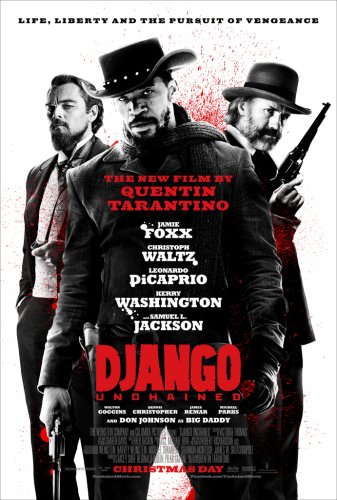
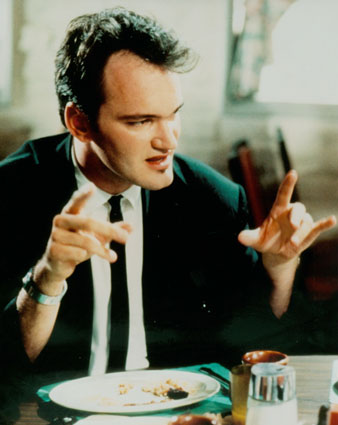
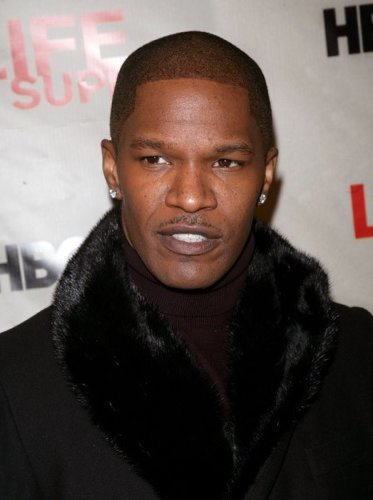
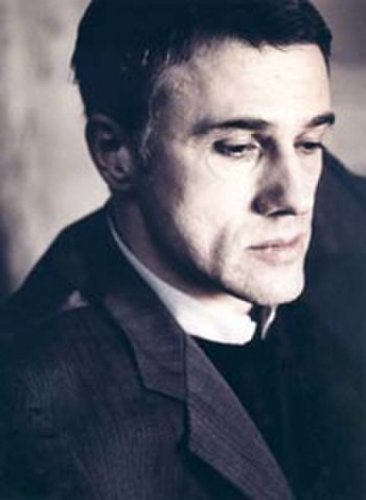
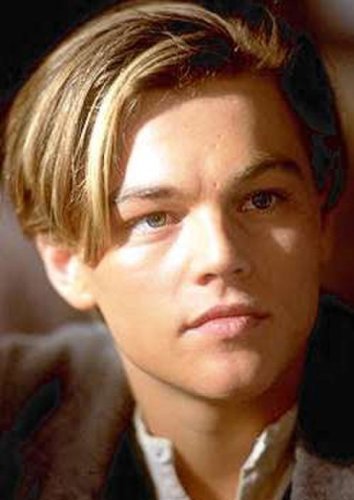
.jpg)

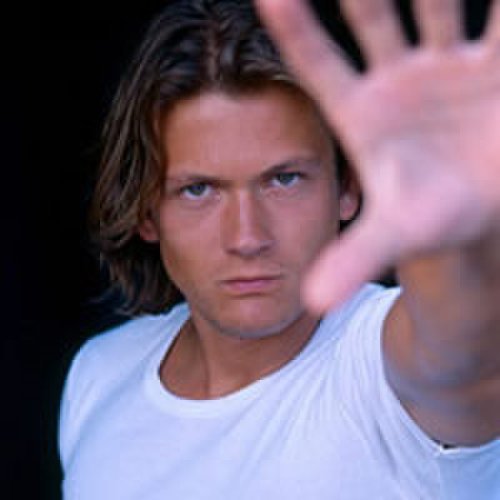


.jpg)

